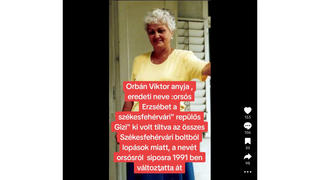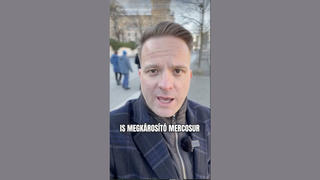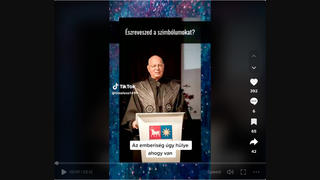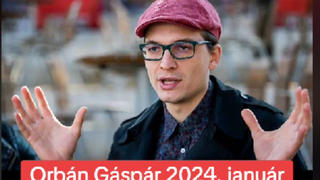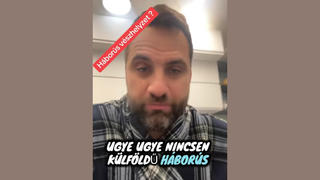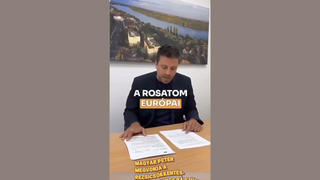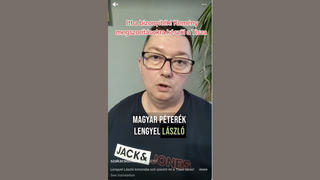
Will the World Health Organization (WHO)'s draft pandemic treaty give it the power to dictate how Hungary responds to future outbreaks of disease? No, that's not true: Nothing in the draft says Hungary or any other signatory state will lose the authority to formulate its own pandemic-response policies. In fact, it affirms that national governments will retain full control over health-policy matters.
The claim appeared in a Hungarian-language video (archived here) on TikTok on September 12, 2023, under the caption "Enough of the WHO's dictatorship!" It shows Dóra Dúró, a member of the Hungarian Parliament with the ultranationalist Mi Hazánk (Our Homeland) party, giving an interview on September 11, 2023, to Hungarian news channel HírTv about her party's petition drive aimed at blocking Hungary's accession to the WHO pandemic accord. She says:
Basically, we'd like to ensure that national sovereignty and the people's right to freedom are not harmed, and we see that the WHO's initiative runs counter to this... Global organizations, such as the WHO, do not have any kind of democratic legitimacy, but precisely because Big Pharma finances them, in large part, we don't need them to be deciding about what vaccines we need to vaccinate our children with, or when Hungary needs to close its schools, or when to impose a lockdown.
(Translations from Hungarian to English by Lead Stories staff).
This is what the post looked like on TikTok at the time of writing:

(Source: TikTok screenshot taken on Wed Sep 27 22:10:30 2023 UTC)
The WHO spearheaded the pandemic treaty, formally known as the WHO CA+, in December 2021. Authorities from the 194 member states saw a need to establish parameters for future cooperation in combatting disease outbreaks following "the catastrophic failure of the international community in showing solidarity and equity in response to the coronavirus disease (COVID-19) pandemic," according to the most recent draft published on June 2, 2023. Negotiations are set to wrap up in 2024.
There is no language in the draft that would allow the WHO to usurp a state's sovereign right to decide how to respond to future pandemics. Indeed, Article 3(2) of the text says:
States have, in accordance with the Charter of the United Nations and the general principles of international law, the sovereign right to legislate and to implement legislation in pursuance of their health policies. In doing so, they shall uphold the purposes and objectives of the WHO CA+ and carry out their obligations under the WHO CA+ in a manner consistent with the principles of the sovereign equality and the territorial integrity of States and that of non-intervention in the domestic affairs of other States.
Article 15 reaffirms states' right to sovereignty, stating:
The Parties shall coordinate, collaborate and cooperate with competent international and regional intergovernmental organizations and other bodies, as well as among themselves, in the formulation of cost-effective measures, procedures and guidelines for pandemic prevention, preparedness, response and recovery of health systems, and to this end shall... where appropriate and with due regard for the principle of sovereignty, facilitate WHO's rapid access to outbreak areas within the Party's jurisdiction or control, including through the deployment of rapid response and expert teams, to assess and support the response to emerging outbreaks.
In other words, the treaty would grant the WHO the right to visit to disease-stricken areas and issue recommendations. However, the present draft does not provide for any compliance mechanism that would force states to abide by its guidance, Lawrence Gostin, a law professor at the U.S. Georgetown University who helped draft the treaty, told Lead Stories on March 2, 2023.
Similarly, the draft contains no provisions giving the WHO authority to dictate which vaccines a country must use or when it should impose lockdowns. The 43-page text mentions the word "vaccine" 19 times, mostly in reference to ensuring equitable access to medicine or compensating people who may experience vaccine side-effects. The words "lockdown," "quarantine" and "closure" do not appear at all.


